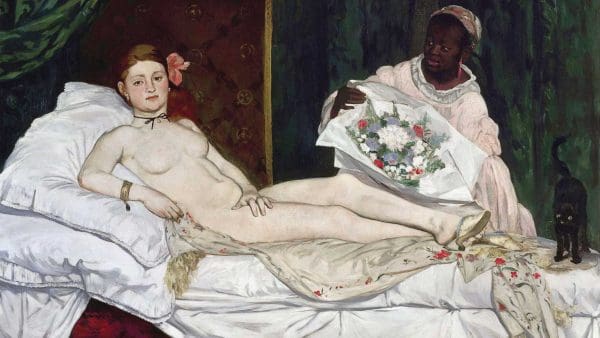
John Irwin
Professor and writer John Irwin believes that Tender Is the Night is the nation’s “Great American Novel.” He offers up numerous reasons for this view in his new book, F. Scott Fitzgerald’s Fiction: “An Almost Theatrical Innocence,” published earlier this year by Johns Hopkins University Press.
Irwin, who has taught at Johns Hopkins since 1970, says one of the criteria he uses to judge greatness in literary art is a work’s power to “break one’s heart.” And “by that standard I know of no work I would place above Tender.” The tragic novel follows a young couple as wealth, ambition, mental illness, and alcoholism tear their relationship apart. It’s easy to understand then, that Irwin’s new book, in addition to being the third in a trilogy about American writers, is also a labor of love.
The first book in the trilogy is an analysis of the detective stories written by Edgar Allan Poe, and Irwin compares them to those of Jorge Luis Borges. The second is about Hart Crane’s poetry, and now, Fitzgerald.
“These writers’ works share, to a greater or lesser degree, an ongoing structure governing each author’s relationship to his art, a relationship thematized in their work,” says Irwin.
Irwin posits that these particular writers have all been influenced by Platonic idealism, the notion that reality is what one sees or what one is shown; the knowledge that the self is something that is performed and not necessarily the reality. In The Great Gatsby, for example, Jay Gatsby goes to extraordinary lengths to present himself as someone he is not, but eventually he—like many of Fitzgerald’s characters—is unable to keep up the performance.
Irwin’s latest book addresses most of Fitzgerald’s fiction and pays particular attention to Tender Is the Night, The Great Gatsby, and The Last Tycoon.
“Virtually all of Fitzgerald’s works still hold up today,” says Irwin. “One reason is because social theatricality is the point of these books. In his writing, Fitzgerald approaches life as a dramatic endeavor.”
Irwin points out, for instance, that The Great Gatsby, published in 1925, continues to have staying power because of the clever structure Fitzgerald gave it. It is written primarily in a series of dramatic scenes, almost like a play or a movie. That’s not so surprising given that at one point in his life, Fitzgerald aspired to be a playwright.
As solid as the structure of Fitzgerald’s books may be, Irwin says they rarely translate well onto the big screen. This is particularly evident with The Great Gatsby, which has been adapted for cinema no fewer than four times. None of the films was a resounding success.
“One main reason the film versions of Gatsby seem so unsatisfying is the filmmakers’ misunderstanding about who the story’s main character is,” says Irwin. “A misunderstanding that leads them to cast the starring actor in the role of Gatsby and a second lead or supporting actor as Nick.” The reality, he says, is that Nick—the narrator—is the main character.
Irwin says the biggest misconception about Fitzgerald is the idea that the author wrote in a spontaneous manner—that he simply “dashed off” his manuscripts. In reality, Fitzgerald was a true craftsman. “[Fitzgerald] was always thinking about his books, planning them out, working hard.”
But Fitzgerald’s absorption with his writing and career frequently did not bode well for his marriage and family life. Throughout Irwin’s book, he notes how parts of Fitzgerald’s tumultuous personal life often made it into his novels. In Tender Is the Night, for example, Fitzgerald gives the mental illness of his wife, Zelda, to the character Nicole, and doubts about his own life and career were assigned to the character Dick Diver.
Irwin says that given his own upbringing, he feels a sort of kinship with Fitzgerald, and the book is peppered with personal anecdotes from Irwin’s own life. “I was born and raised in the South with a Southern mother and Northern father,” says Irwin. “He [Fitzgerald] was born and raised in the North with a Northern mother and a Southern father, and I’ve always felt this symmetry in our parentage and regional upbringings was one of the things that made his fiction speak to me in a more personal way.”
Even though F. Scott Fitzgerald’s Fiction has not even been out a year, Irwin is already working on his next book. It’s about the great but not well-known poet Weldon Kees, who wrote during the 1940s. Irwin claims Kees was the “most talented poet of his generation.”
Why Kees? “It needs to be said how good he is,” says Irwin. “And I like to write and teach about the authors and poets I love.”




